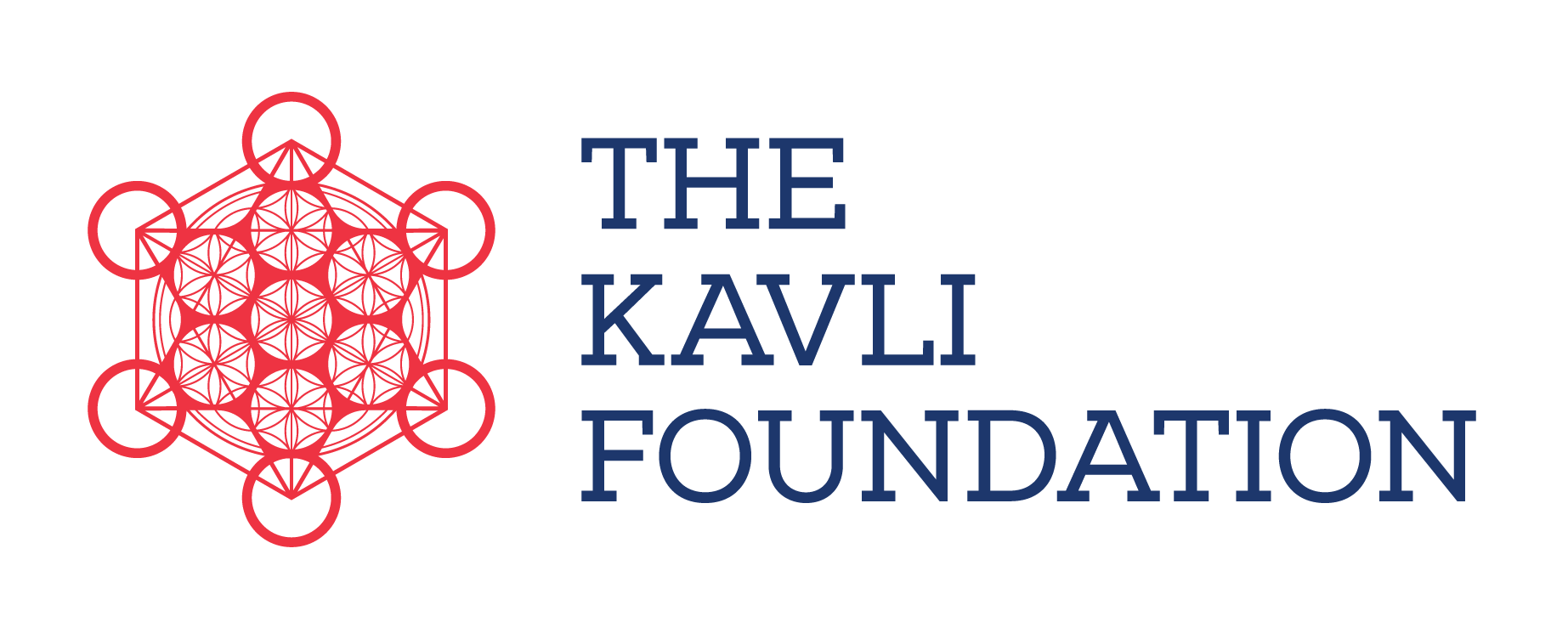This field specializes in Sociology of Science, Science and Technology Studies (STS), and Science Communication (SciComm). We mainly focus on the following three areas.
1. Trust in Science
Maintaining and enhancing public trust in science is crucial. Scientists want science policy decisions to be based on scientific evidence, but the world is becoming increasingly polarized, with those who believe in science and those who don't, depending on their political leanings.
From the perspective of Science and Technology Studies (STS), trust is not just about communication, but also about social relations, cultural values, and institutional practices. It is particularly important to study how scientific advice is provided during crises and how trust in science is maintained in controversial areas.
This field deals with a variety of controversial areas, addressing how scientists should fulfill their responsibilities to society and contribute to the future.
Keywords: Scientific Advice, Science Policy, Polarization, Climate change, AI, Covid-19, 3.11 the Great East Japan Earthquake, Big Science
2. AI Ethics
AI is rapidly transforming society, from healthcare and education to governance and security. Yet these advances raise profound ethical questions. Issues such as fairness, transparency, accountability, and privacy determine not only the legitimacy of AI systems but also their social acceptance. Without ethical reflection, AI risks reinforcing inequality, enabling surveillance, or undermining democratic values.
Research on AI ethics is therefore essential to guide responsible innovation. It provides frameworks for anticipating unintended consequences, evaluating societal impacts, and ensuring that human dignity remains central in technological development. Importantly, ethical analysis cannot be separated from cultural and political contexts; values that shape AI in one society may differ in another.
By addressing these challenges, AI ethics research contributes to building trust between technology, policymakers, and the public. Ultimately, it ensures that AI development aligns with broader social goals of justice, sustainability, and human well-being.
Keywords: AI Ethics, Sustainable AI , medical AI, ELSI (Ethical, Legal, and Social Issues) and RRI (Responsible Research and Innovation), public policy, well-being
3. Women in Science
The underrepresentation of women in science, technology, engineering, and mathematics (STEM) remains a critical global challenge. Despite progress in education, women continue to face structural barriers such as gender bias, unequal career opportunities, and limited access to leadership positions. These inequalities not only affect individual careers but also hinder the diversity of perspectives that drive scientific creativity and innovation.
Research on women in STEM is essential for uncovering the cultural, institutional, and social factors that shape participation. By examining issues such as stereotypes, work–life balance, and organizational practices, scholarship can identify mechanisms that perpetuate inequality as well as strategies for change.
Ultimately, advancing gender equity in STEM strengthens scientific excellence and ensures that technological development reflects the needs of society as a whole. Such research contributes to building inclusive environments where all talents can thrive.
Keywords: Women in science, Women-only affirmative action in Japan
(Last update: 2025/08/25)






